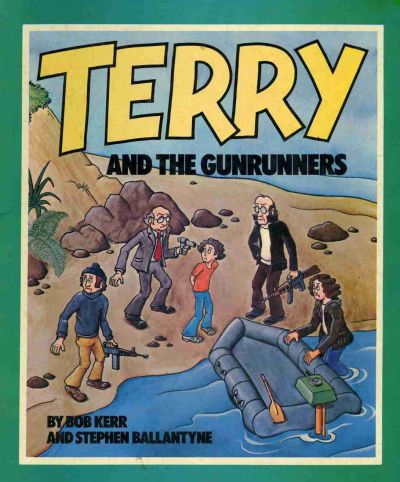
We are forced to refer to the narrator as 'Ishmael' for convenience's sake, but it's a description of character, not (strictly) a piece of nomenclature. To a contemporary, 1850s, Bible-soaked reader this would have been so obvious that Melville doesn't even trouble to explain it. It means that he is a wanderer upon the Earth, like Ishmael the eldest son of Abraham - in contrast to Isaac, Abraham's younger (but legitimate) son by his wife Sarah, the patriarch of the twelve tribes of Israel. Many people don't get the point of the first, most famous sentence of the story: "Call me Ishmael." This doesn't meant that the narrator's name actually is 'Ishmael', or even that he's adopted that as a useful nom-de-plume (like 'Mark Twain' for Samuel Clemens, for instance).

It embodies paradox - is readable and unreadable at the same time - combines libraries of quotations with poignant accounts of the simplest human interactions. It's an impenetrable, Mandarin text, written by an Easterner - a New Yorker, in fact - which is also a great adventure story spanning the world - not to mention all the depths and shallows of the Atlantic and Pacific Oceans. Among all the 19 claimants listed on Wikipedia, only this one has the necessary critical heft to have survived all the winds of fashion and the warring schools of interpretation to sail on majestically into the sunset.

Candidate 1 has to be Herman Melville's Moby-Dick (1851).


 0 kommentar(er)
0 kommentar(er)
